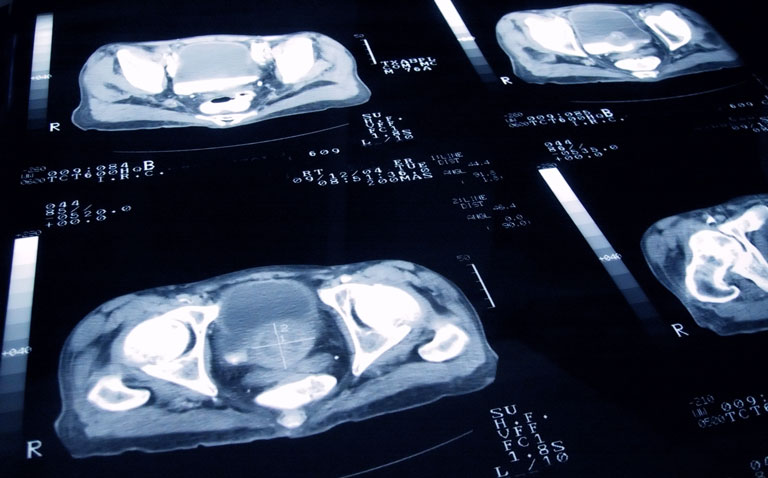AI software designed to identify an area on a prostate biopsy image with a high likelihood of cancer has received FDA approval.
Prostate cancer is the second most common cancer in men, with 1.3 million new cases recorded in 2018. Confirmation of a prostate cancer diagnosis can only be achieved via biopsy and subsequent examination of digitalised slides of the biopsy. Now, the first artificial intelligence (AI) software for in vitro diagnostic detection cancer in prostate biopsies has been approved by the FDA in the US. The software is designed to identify an area of interest on the prostate biopsy image with the highest likelihood of harbouring cancer. This alerts the pathologist if the area of concern has not been noticed on their initial review and thus can assist them in their overall assessment of the biopsy slides.
The AI system approved is Paige Prostate and it is anticipated to increase the number of identified prostate biopsy samples with cancerous tissue and ultimately save lives. The FDA approval was based on a study of Paige Prostate undertaken with three pathologists. In the study, which was conducted in two phases, each pathologist was required to assess 232 anonymised whole slide images and asked to dichotomise these as either cancerous or benign, with only 93 slides (40%) that were in fact cancerous. In the first phase, the pathologists assessed the scans alone, whereas in the second phase, 4-weeks later, the same scans were reviewed but this time using the AI software, Paige Prostate.
Findings
In the study, the Paige Prostate software alone, had a sensitivity for detecting cancer of 96% and a specificity of 98%. Without the use of Paige Prostate, the pathologists averaged a sensitivity of 74% but with the addition of the AI software, their average sensitivity increased significantly to 90% (p < 0.001). Addition of Paige Prostate mainly improved pathologists’ detection of grade 1 to 3 cancers. However, despite a greater sensitivity from the use of Paige Prostate, there was no significant difference in specificity (p = 0.327) since this was already high at an average of 97% without Paige Prostate.
Source. FDA Press release September 2021










